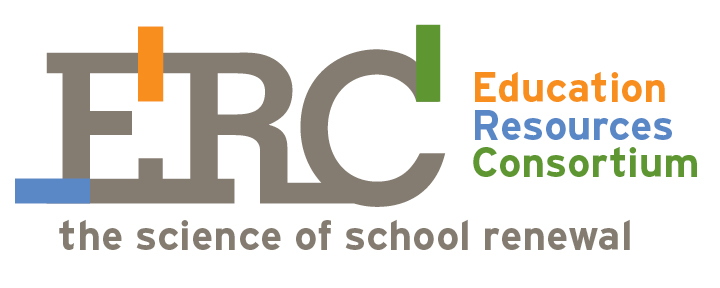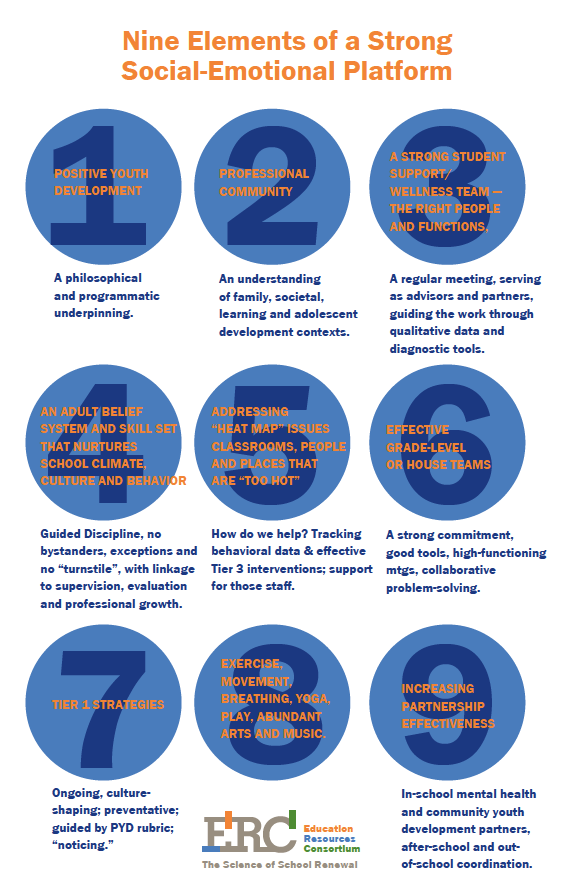I opened my newspaper this morning, yet again, to school news that isn’t news to me.
The Boston Globe today reported, “School leaders nationwide have again reported a general uptick in discipline and behavior issues, including fighting and bullying, since students returned to full-time, in-person school following two years of disruption. The troubling trend has been linked to the mental health toll of the pandemic and to social development delays due to student’s extensive recent isolation.”
For some, it seems to have happened rather suddenly, perhaps a by-product of COVID. But if you are a veteran educator you know that the change began to happen almost a generation ago. Schools have now become a --perhaps the-- locus of community mental health issues. This past year, counselors in schools where we work reported sexual aggression and related assaults up by 28%, self-harm by almost 20%, chronic absenteeism up by over 20%, bullying and cyber-stalking up 30%, self-referrals for counseling up by 25%, and most sadly, a stark rise in attempted and successful, suicides.
How do we get our heads around this? Here are three immediate take-away’s:
The first is recognizing that we’re in a seriously dangerous moment for schools and young people. When school-age mental health issues are substantial enough for the Children’s Hospital Association and the American Academy of Pediatrics to declare a national emergency, where does that leave our schools? Where are school and community leaders even talking about it? It needs to move to the top of every meeting agendas. Its far worse than most people think.
Second, we need to move beyond band-aids to begin an immediate and dramatic youth development and mental health retrofit for schools, and it’s a generational undertaking.
In-school responses to the issues mentioned above have been slow and inadequate. Emphasizing such things as “SEL” or Restorative Justice barely scratch the surface of what the situation demands. What “SEL” actually is remains different and mushy in every district, ranging from 45 minutes a week to “talk about feelings”, to a curriculum full of slides on compassion or bullying, to on-paper assessments of student mental health by teachers using an “outside provider’s” off-the shelf rubric. (I had to intervene in plans for such an activity in a school we work with!) A school culture shaped by Restorative Justice practices is a supremely worthy goal but its effectiveness is too often stunted by poor training and near-total lack of significant adult participation, showing that it cannot be parachuted successfully into school. We need deeper and better solutions for our new age: prevention, early warning, targeted responses, in and out-of-school partnerships are some elements of school readiness.
Third, schools and districts seem unable to organize around these issues --we need to mobilize and prepare school leaders for this new conversation. Years ago these phenomena seemed more apparent in low-income settings, where social determinants have long challenged families. Now, behavioral issues buffet virtually every school with striking intensity. Class and geography are no longer sufficient insulation to cyber bullying, orchestrated and videoed fights, and anxiety from the threat of weapons and active shooter drills. School principals rely on resources granted from above and are often unfamiliar in integrating such precious investments in ways that make a difference. Leaders have told us they worry that they will be seen as complaining if they raise such issues. That has got to change. Its our most critical work and we need an all-hands-on-deck approach, convened by school leaders but involving the broadest possible audience.
There are no easy answers, no packaged solutions, none of the how-to guides we’ve become used to receiving about the other complicated issues that happen in school. By definition, this will be a DIY undertaking --a school-by-school, district-by-district, community-by-community effort, a generational change in how we think about supporting our young people. Its time to make this a priority and dig in to the challenge.
Larry Myatt, Co-Founder
ERC invites school and community leaders to connect with us and, in turn, with each other. We have a variety of free resources and experience in organizing these critical conversations. We also offer coaching support for public engagement, tools for assessing school capacity with essential qualitative methods, and professional development to make restorative practices and other approaches to behavior and climate far more effective.
Email us at wayne@educationresourcesconsortium.org or larry@educationresourcesconsortium.org.




